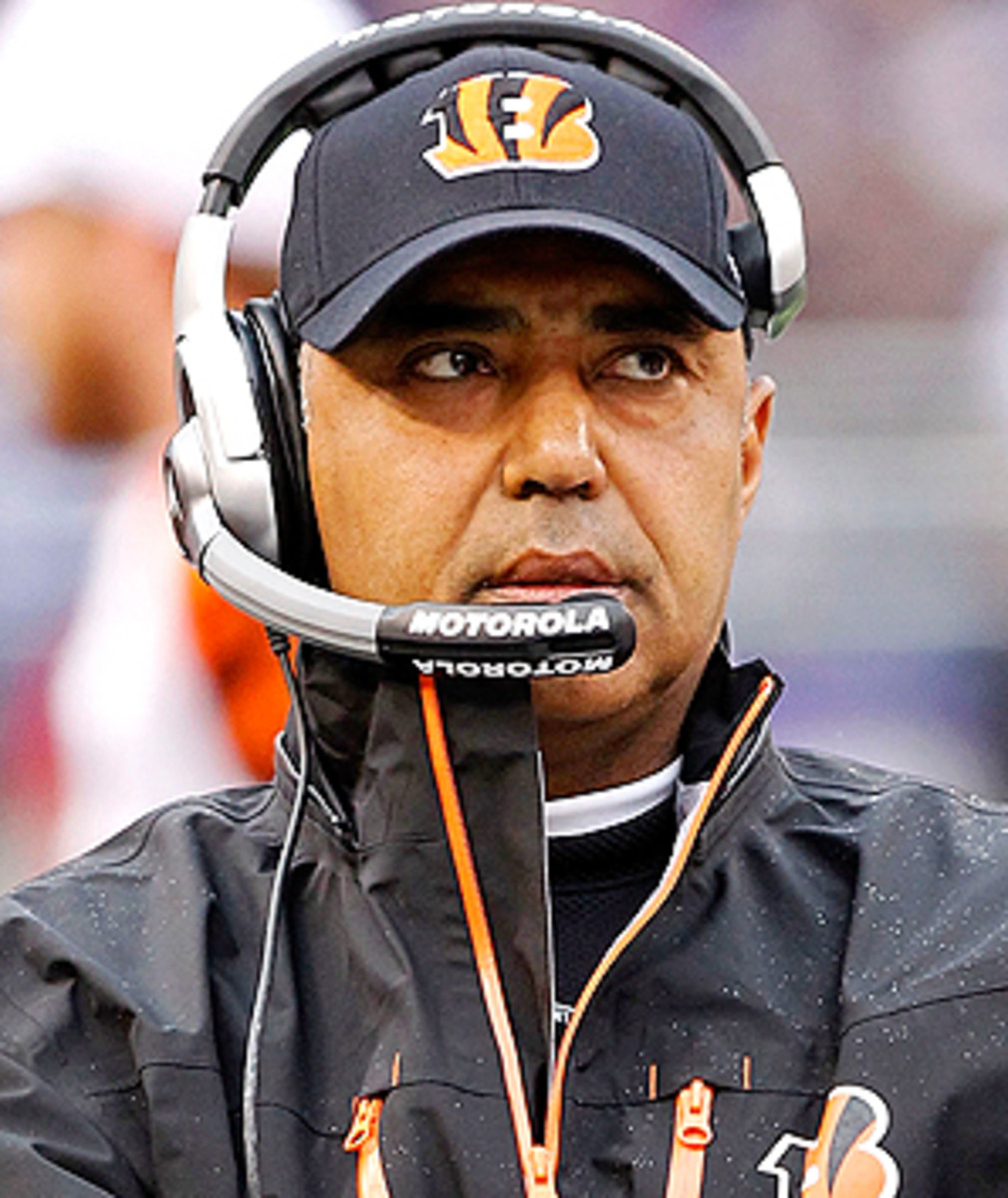Amid labor unrest, NFL players file collusion charges against owners


The NFL Players Association has filed collusion charges against the NFL as both sides seek to negotiate a new contract. SI.com legal expert Michael McCann sheds some light on the case.
1) What is collusion?
Typically in professional sports, collusion refers to when two or more teams act in concert to deprive players of collectively-bargained rights. The NFL and the NFLPA have agreed on anti-collusion language in their collective bargaining agreement. Under Article XXVIII of their agreement, NFL teams cannot agree, either explicitly or tacitly, to refrain from negotiating with a particular player or players, nor can they agree to decline to offer a player -- such as a drafted player or a free agent -- a contract. Teams also are prohibited from working together to keep salaries down.
Collusion is often hard to prove because of the difficulty of showing actual evidence that teams colluded. It is also difficult to prove because market conditions can sometimes explain why a player did not get paid as much as he had hoped.
2) How will this complaint be resolved?
The NFL and NFLPA use a privately-hired "special master" to arbitrate disputes over their collective bargaining agreement. The special master is Stephen Burbank, a professor at the University of Pennsylvania Law School. Burbank will conduct essentially a private trial, with the NFL and NFLPA offering evidence and testimony. Using a special master, instead of a judge and jury, is attractive to the NFL and NFLPA for a number of reasons. For one, Burbank has served as special master since 2002. He is thus very knowledgeable about specific disputes between the NFL and NFLPA, and certainly more knowledgeable than a typical jury or judge. Also, the hearing will be conducted in private and kept in confidence, without production of a public record.
If Burbank finds collusion, either specific teams or the league as a whole will be fined, with the players victimized by the collusion to receive compensation. Burbank's decision will be appealable, as the NFL and NFLPA have agreed that either party can request a review by one particular judge -- U.S. District Judge David S. Doty, who has overseen a number of proceedings involving the NFL and NFLPA. He, like Burbank, is also an expert in NFL labor disputes.
3) What kinds of evidence will the NFLPA present?
The NFLPA will likely present empirical evidence that shows a reduction among teams in how much they spend on free agents -- particularly restricted free agents. If the NFLPA has copies or records of communications involving NFL officials or team personnel discussing the need to keep salaries down, that would strengthen their claim.
The NFLPA will almost certainly highlight comments made last October by Cincinnati Bengals head coach Marvin Lewis in response to the Bengals losing a practice squad player, wide receiver Dezmon Briscoe, to the practice squad of the Tampa Bay Buccaneers. Briscoe agreed to join the Buccaneers after they offered to pay him $310,000 to be on their practice squad, a healthy raise from the $88,400 normally paid to practice squad players. At the time, Lewis complained, saying, "When you overpay a guy on the practice squad, you create a problem in the system for teams . . .That's not the great precedent for teams to set as we try to keep the NFL doing the things we're trying to do as a league. It's still a league of 32 teams and things are put together a certain way."
Perhaps the NFLPA's strongest evidence comes from a couple of obscure trades from last August and the relationship between those trades and a similarly obscure collectively bargained rule. Under Article XVII, teams that cut drafted players must contribute 85% of the player's salary into a pool that will be distributed at the end of the season. The contribution need not be made, however, if the drafted player is traded to another team and then cut. In the view of the NFLPA, if teams are trading away drafted players so that they can be cut by other teams, that would suggest they are trying to avoid contributing money to the rookie pool.
At the end of last year's training camp, the Redskins traded tight end Dennis Morris (drafted in the 6th round) to St. Louis for a conditional pick, while the Rams sent 5th round pick defensive end Hall Davis (5th round) to the Redskins for a conditional pick. Both Morris and Davis were cut before the season began, which enabled the Redskins and Rams to each avoid contributing $272,000 to the rookie pool.
4) How will the NFL respond?
The NFL will argue that a reduction in spending does not necessarily equate to collusion. It will likely claim that innocent circumstances, such as teams deciding independently to not sign players or to not spend as much money given the recession and the lack of a new collective bargaining agreement, explain away whatever empirical evidence the NFLPA offers.
In terms of questionable communications between league or team officials, the NFL will likely insist that any such communications are not specific. They may also argue that such communications were not made by team personnel who have the authority to determine how much teams spend and how they spend it.
In terms of Lewis's comments, the NFL will likely point out that his comments are limited to the views of one person -- Lewis -- and thus do not involve collusion, which requires more than one party.
As to evading the 85% rookie rule, the NFL could say that late round picks are often cut and that the Redskins and Rams were merely trying to give each player a chance to earn a spot on another team's roster.
